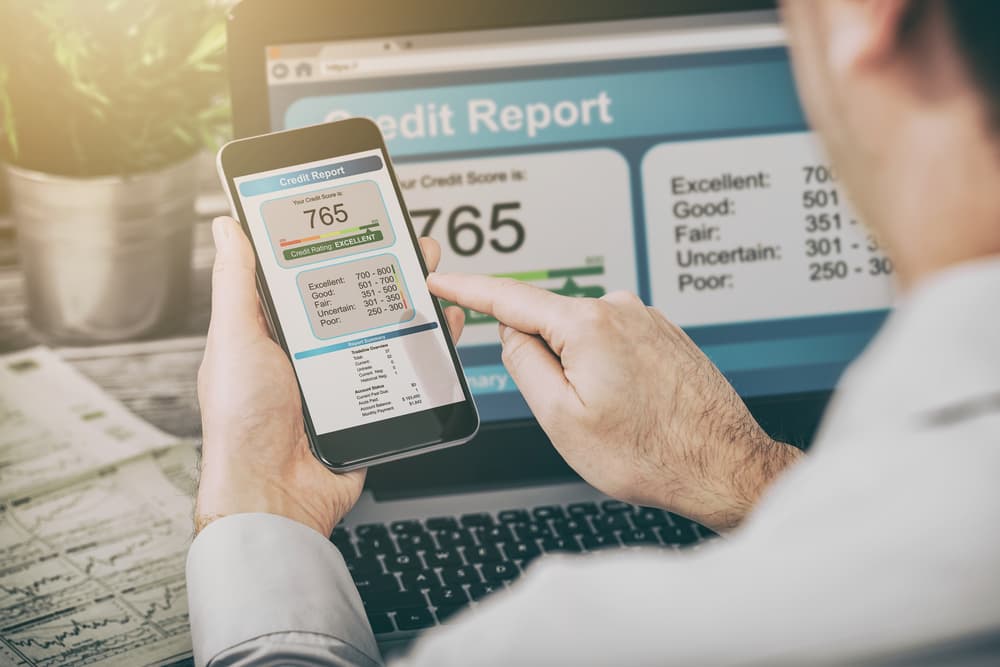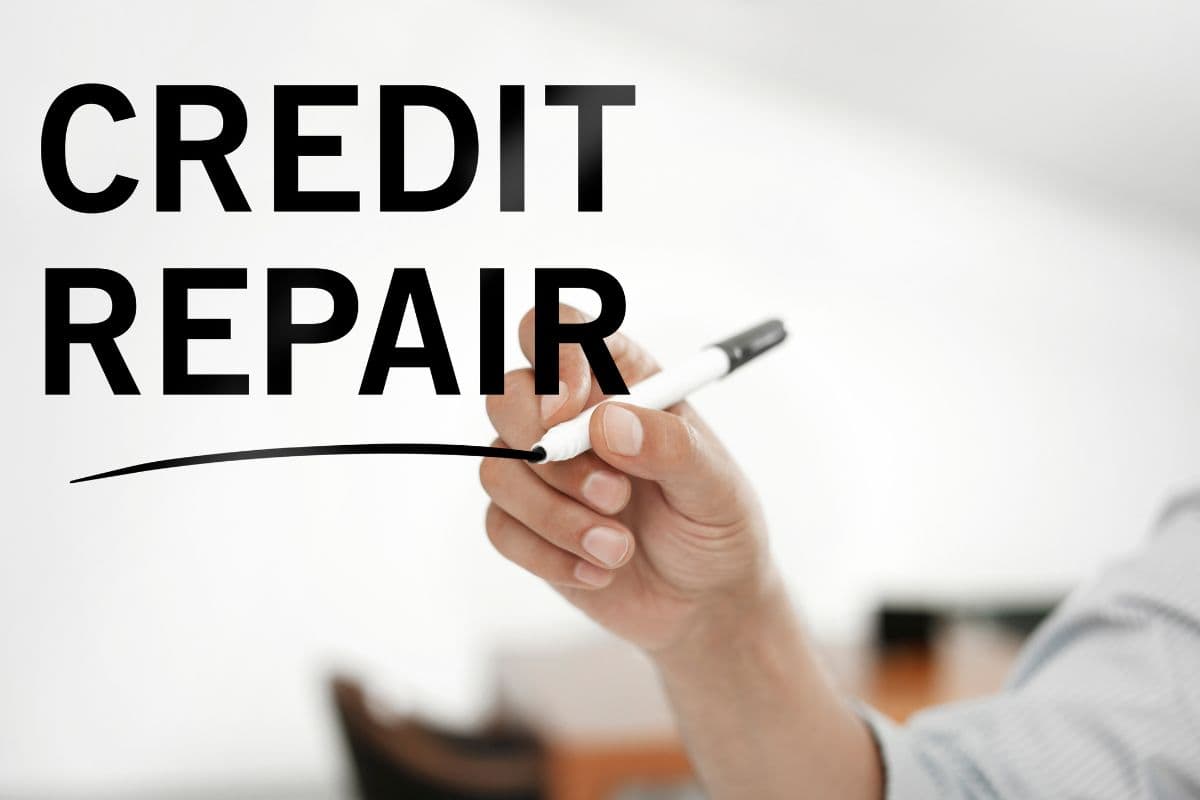 Deciding to file for bankruptcy is not a decision that is made lightly. While the process can help you manage or erase some forms of debt, it can also wreak havoc on your credit. Building back your credit and getting in good standing again can be a long and sometimes arduous process. How do you know where to begin? How do you apply for credit when no one will extend it?
Deciding to file for bankruptcy is not a decision that is made lightly. While the process can help you manage or erase some forms of debt, it can also wreak havoc on your credit. Building back your credit and getting in good standing again can be a long and sometimes arduous process. How do you know where to begin? How do you apply for credit when no one will extend it?
These are questions that many people have while they work through the bankruptcy process. Thankfully, there are steps that you can take to help repair and rebuild your credit, setting you up for a more financially stable future.
Here are seven steps that you can take today to build back your credit after filing for bankruptcy. If you have pressing questions about your case, don’t hesitate to contact us today.
Familiarize Yourself with Your Credit Report
One of the most common ways people get into financial trouble in the first place is by not familiarizing themselves with their credit reports. Most people can get a free copy annually. Review this document and get familiar with what elements contribute to your credit score. When you know how something works, you can be more proactive in spotting errors and figuring out why your score is not going up. Peel back the mystery!
In addition to learning more about your credit report and its functions, be sure to request a copy to look for errors. Monitor your credit reports for identity fraud, and make sure that bankruptcy debt is correctly recorded as discharged. Report mistakes by sending a letter to the credit bureau.
Keep Up on Your Current Payments
One way to rebuild your credit is to responsibly manage your current financial situation. Stay up to date on current bills and avoid late payments when possible. Payment history on credit cards and some bills make up almost 35 percent of a person’s FICO score. One of the most important things you can do to help your credit score is to take things slowly and maintain a good payment history on your accounts. We’re here to help, contact us to learn about your options.
Seek the Right Credit
Regaining access to credit is one way to begin the process of rebuilding your credit. Yet, how do you get credit when no one wants to extend it? Secured credit cards are a good place to start when you feel ready to apply for new credit. A secured card requires you to put down a security deposit. This deposit will typically be the same amount as your credit limit. For example, if a card requires a $200 deposit, your credit limit will generally be a maximum of $200. If you are late when making a payment or miss a payment, your deposit is used to cover the bill. In many cases, if you use the card responsibly, you can get your deposit back over time, and it can help you rebuild your credit.
Take Out a Loan with a Co-Signer
If you need a loan, consider asking someone you trust to co-sign with you. A co-signer can help boost your odds of getting approved, and with a responsible payment plan, may help you repair your credit history. While a co-signer does not typically have access to the loan amount, they do bear responsibility for paying back the loan if you are unable to maintain payments.

Look into Credit-Builder Loans
Credit-builder loans are loans with less traditional formalities. Some credit-builder loans involve allowing a person to borrow against the money they already have in an account on deposit. In this scenario, the individual is not able to access the money while they are in the process of paying off the loan. Other loans are held in a savings account and can be released when the necessary payments are made. In both cases, a financial institution like a community bank or credit union will report the loan payment history to the credit bureaus.
Try to Stay in One Place
Lenders will almost always investigate your job history when deciding about extending credit. If possible, try to remain in one position with one company. Constant job-hopping or moving from one job to another can make lenders and creditors less confident about your continued ability to pay off loans or credit card debt.
Report Payments
Not all payments get reported to credit bureaus. If you are renting an apartment, for example, ask that those payments be reported to the credit bureau. Talk to your landlord. However, keep in mind that you will need to keep up on your payments and that some payments will not always make it onto your credit report.
Contact a Bankruptcy Attorney
Considering filing for bankruptcy? Are you having a difficult time resolving your financial dilemma? Contact an experienced Raleigh bankruptcy attorney today to review your situation.
Financial struggles can take a toll on your health and happiness. Take steps today to manage your situation and get out from under debt, get in touch with an attorney from Bradford Law Offices. Our team offers sensitive and practical legal advice for those considering bankruptcy. To talk with a skilled member of our team about your situation, call our office at (919) 758-8879, or reach out to us online.